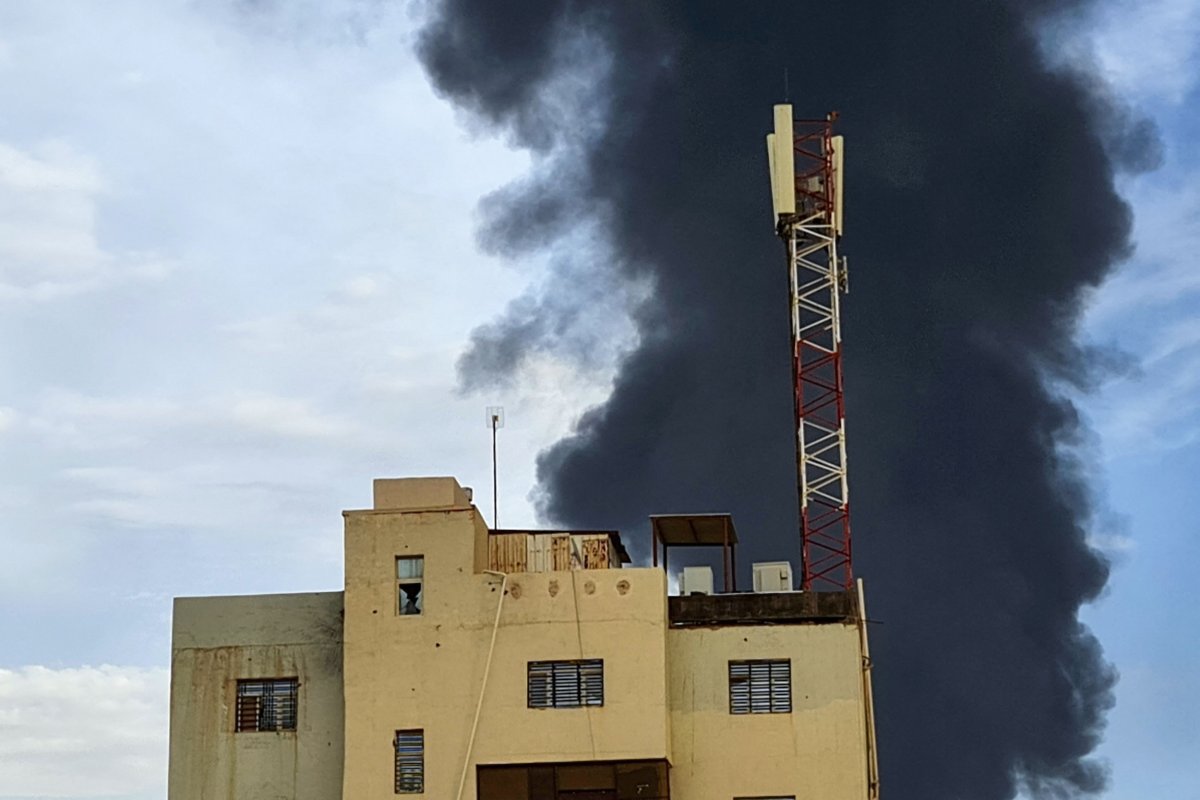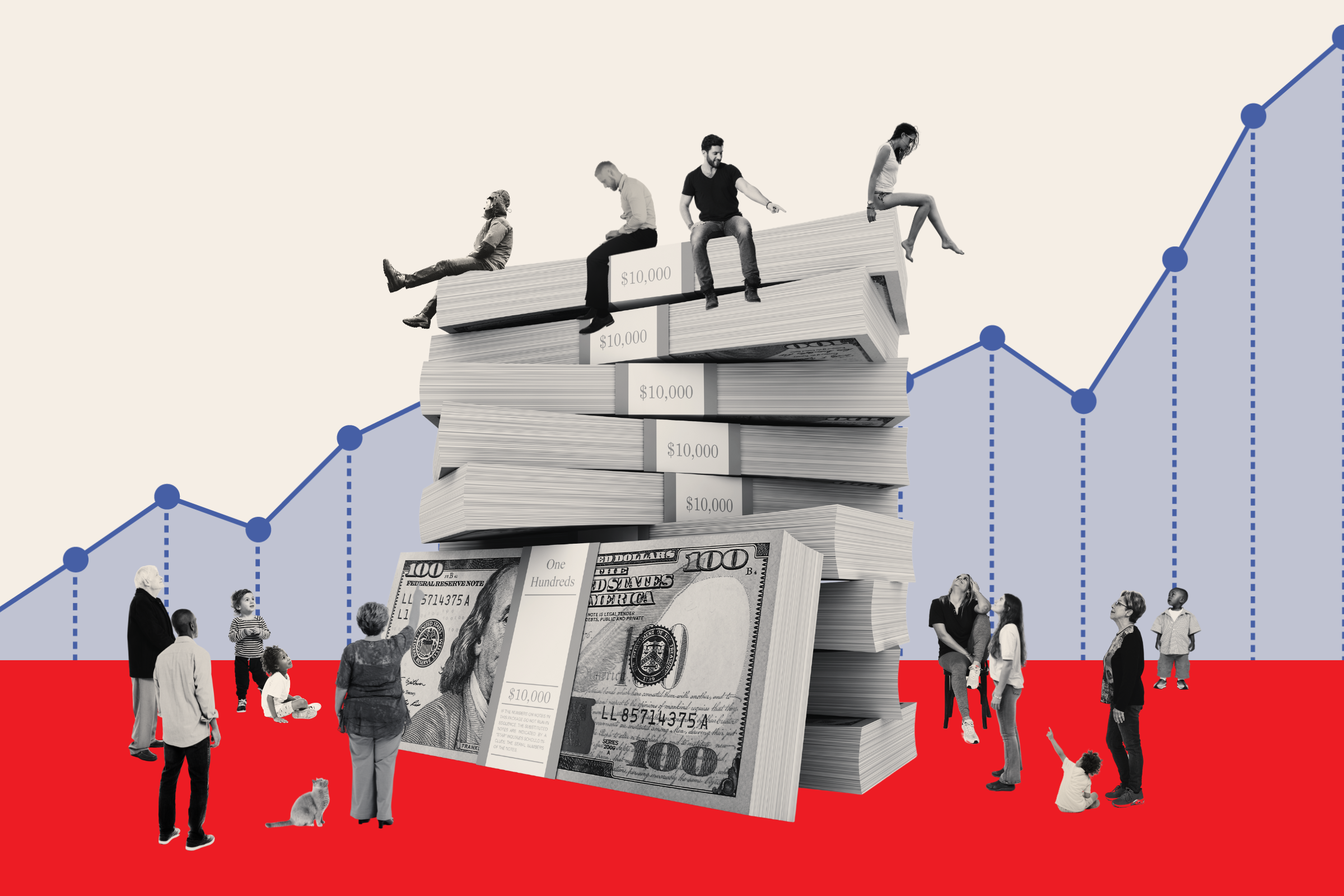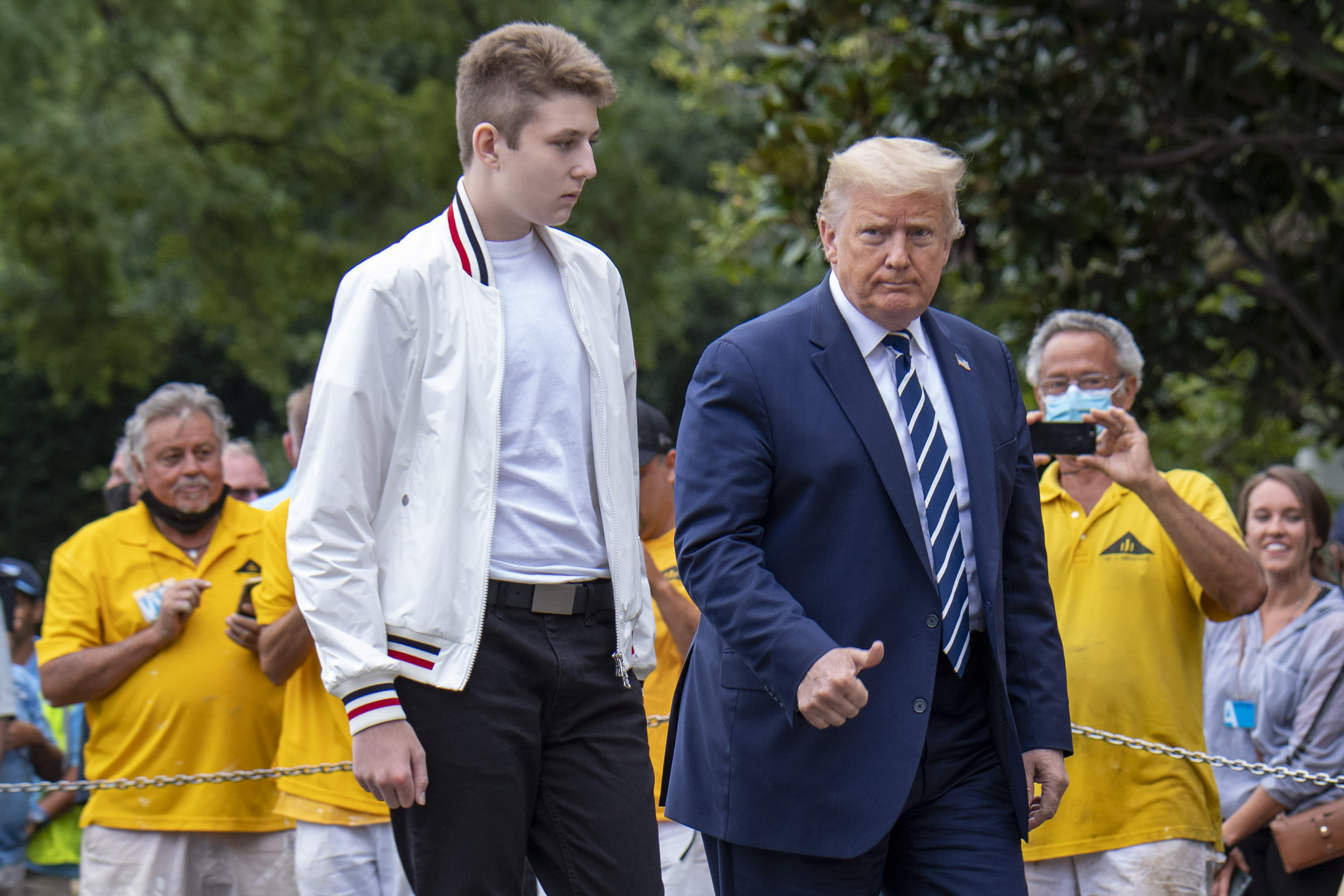A deadly competition between two rival generals in Sudan has derailed anticipated prospects for a transition to civilian rule. As always, it is the Sudanese people who are paying the price, with hundreds of civilians killed or wounded, and more than a million people internally displaced or crossing as refugees into neighboring countries.
As the international community wrestles with how to stop the fighting, deliver aid, and work toward a lasting peace, they need to look beyond the autocratic warlords doing the killing and ensure that two constituencies with positive track records of democratic participation are included in the peace process—youth and women.
Young people and women played critical roles in the mass demonstrations in 2018-19 that pushed former President Omar al-Bashir from power. But in the years since, they have been marginalized. Hundreds of grassroots "resistance committees" across Sudan have been sidelined as the international community felt the need to work through the government and its armed forces and the paramilitary Rapid Support Forces (RSF). This is a fatal mistake—resistance committees and other civilian-led networks in Sudan are remarkable organizations that embody the aspirations of the Sudanese people. They must be at the center of efforts for a democratic transition.
Sudan's resistance committees are largely made up of young people who are rooted in local neighborhoods. The committees first appeared in the 1990s and gained greater traction during the 2018-19 revolution. Since the conflict erupted, their members have pivoted from political activities to help distribute basic goods, coordinate medical care, and evacuate people at risk, filling a vacuum in the absence of government services and international humanitarian relief.
International actors should recognize these efforts and find effective ways to promote their inclusion in negotiations and relief efforts. The Carter Center has been supporting one such effort, the Youth Citizen Observer (YCO) Network, to surface what Sudanese citizens want at this critical moment. Youth activists from across Sudan have built a forum for several thousand youth-led organizations, including resistance committees, to relay their most urgent concerns, priorities, and expectations of the peace negotiations.
Support for the YCO Network reflects the special relationship The Carter Center and its founders, former President Jimmy Carter and former first lady Rosalynn Carter, have had with the Sudanese people through decades of work to eradicate disease and build peace.
The YCO's work in recent weeks found that civilian priorities include implementing a sustainable cease-fire, stemming international flows of weaponry and financing into Sudan, and reinforcing personal security in the absence of the state. While the international community has focused on direct violence orchestrated by the army and RSF, civilians repeatedly say that looting, attacks on houses, shops, banks, and hospitals, and a general sense of lawlessness is causing fear even beyond the epicenters of the conflict in Khartoum and West Darfur.

The Youth Citizen Observer Network, which includes youth from all geographic and political backgrounds across Sudan's 18 states, could serve as a cornerstone of the country's strategic reset. Its efforts to gather data and inform the public and decision-makers could help with such critical needs as improving decentralized aid disbursement to local communities, monitoring cease-fire violations, and helping communities meet urgent priorities. On May 29, the network released a statement with detailed findings from its observers on cease-fire monitoring. This demonstrates civilian networks' ability to be flexible and adaptive to on-the-ground needs as well as the central role they should play in Sudan's future.
There is a growing realization within the international community that a decentralized approach to providing humanitarian aid, while more complex, can give increased safeguards against misusing, looting, or weaponizing aid supplies. The recently launched OCHA/UNHCR Revised Humanitarian Response Plan and the Regional Refugee Response Plan for Sudan provide a critical framework for support, but they must be implemented in full partnership with the Sudanese people and local partners.
The international community should press for including resistance committees and local civil society organizations in aid delivery. Similarly, international and regional actors must prepare for full and inclusive negotiations that engage civilian representatives and allow space for Sudanese solutions to complex problems. Including women is especially important to ensure all voices have a meaningful role in shaping Sudan's future.
The Sudanese people have fought bravely for decades to achieve peace, and the world must not abandon the 2018-19 revolutionaries and their vision for a peaceful, democratic Sudan. The international community has a narrow window of opportunity to recalibrate its approach and work with Sudanese stakeholders and local partners to steer Sudan back to a path of peace and long-term negotiations. The lessons learned on the costs of accommodating military strongmen without doing the hard work to bring civilian voices to the table are clear.
Paige Alexander is the CEO of The Carter Center, which has worked to build peace and improve public health in Sudan for nearly 40 years.
The views expressed in this article are the writer's own.
Uncommon Knowledge
Newsweek is committed to challenging conventional wisdom and finding connections in the search for common ground.
Newsweek is committed to challenging conventional wisdom and finding connections in the search for common ground.
About the writer
To read how Newsweek uses AI as a newsroom tool, Click here.






